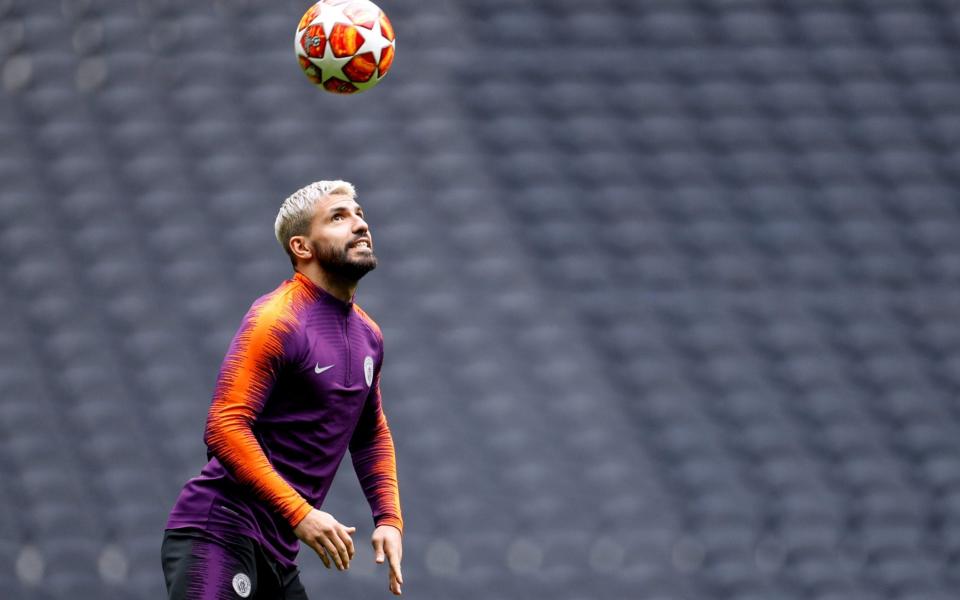PFA tells clubs to report on the amount of heading in training

The Professional Footballers’ Association wants clubs urgently to review how much heading is happening in training as part of its push for defined limits by the start of next season.
With the Premier League poised on Wednesday to become the first competition to introduce permanent concussion substitutes, the PFA intends to combine a new approach to supporting former players who are suffering neurological disease with stronger preventative measures for the next generation.
Although it regards the new permanent concussion substitutes as a step forward, the union will also continue to lobby for the sort of temporary head injury replacements that are used in rugby to provide medics with additional assessment time.
PFA chairman Ben Purkiss has told The Telegraph that players want “action” and “not long campaigns” over the dementia risk and that regulating heading in training is an achievable aim by the start of the 2021-22 season.
Dawn Astle, who has been campaigning on the issue for almost 20 years and is now advising the PFA, said that it was vital for progress to focus both on helping former players but also protecting future generations. “The players and families are of course the main thing, and should always be, but it’s also [about] pushing the PFA on player safety, about the temporary substitutes, about limiting the amount of heading in training,” she said.
A first meeting has been held between stakeholders, including the Premier League, the English Football League, the FA Women’s Super League and the Football Association and, as a first step, the PFA wants a review to understand how much heading is actually happening inside clubs.

This would mean examining evidence around the number of headers, the type of headers and recovery time between practicing heading in training sessions and then drafting guidance.
A 2016 study by the University of Stirling showed that there was an immediate disruption in normal brain function and a significant reduction in memory function following as few as 20 regular headers from a corner kick. This did return to normal after 24 hours and Dr Willie Stewart, who was involved in that research, has suggested a break of 48 hours between sessions of 20 headers. There are no current plans to make any changes to how matches are played.
The FA introduced new heading guidelines for youth football earlier this year, including a ban on primary school children, but have not so far recommended any changes to adult football.
This is despite research, which was published last year by the University of Glasgow, showing that former professional players were 3.5 times more likely to die of neurological disease than the wider population. The Telegraph’s five year campaign - Tackle Football’s Dementia Scandal - pushed for this research and has called for limits in adult training as part of six key changes.

 Yahoo Finance
Yahoo Finance 